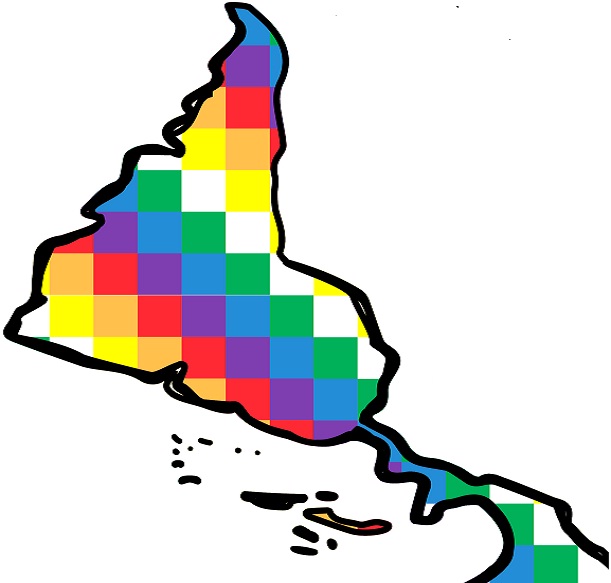MODERNITY AND A LOCAL, HETEROPATRIARCHAL, RACIST, AND COLONIAL CAPITALISM
DOI:
https://doi.org/10.22478/ufpb.2447-9837.2024.n17.69219Abstract
This article aims to introduce certain debates around the installation of Modernity and capitalism in the territories of Our America and its hierarchical patterns of power rooted in the fictions of gender, race, and class. To do this, the decolonial and materialist studies of different authors who coin the categories of coloniality of power (Quijano, 2014), knowledge (Lander, 2000), being (Maldonado Torres, 2007) and gender (Lugones, 2008) will be examined. These patterns of power affect the configuration (historical and current) of the sexual and racial social division of labor (Federici, 2010). Then, the relationship between this modern colonial and patriarchal division of labor and the political participation of women will be analyzed (Pateman, 2009), mainly from popular sectors. These theoretical keys will allow us to build a possible view on the participation of health promoters in the community health programs of CeSAC Nº 10 and 35. Finally, the modifications introduced by the DNU of the current president in the working conditions that affect maternity wards will be discussed.
KEYWORDS:
Participation. Sexual, racial and social division of labor. Women.
Downloads

Downloads
Published
Issue
Section
License
- Autores mantém os direitos autorais e concedem à revista o direito de primeira publicação, com o trabalho simultaneamente licenciado sob a Licença Creative Commons Attribution que permite o compartilhamento do trabalho com reconhecimento da autoria e publicação inicial nesta revista.
- Autores têm autorização para assumir contratos adicionais separadamente, para distribuição não-exclusiva da versão do trabalho publicada nesta revista (ex.: publicar em repositório institucional ou como capítulo de livro), com reconhecimento de autoria e publicação inicial nesta revista.
- Autores têm permissão e são estimulados a publicar e distribuir seu trabalho online (ex.: em repositórios institucionais ou na sua página pessoal) a qualquer ponto antes ou durante o processo editorial, já que isso pode gerar alterações produtivas, bem como aumentar o impacto e a citação do trabalho publicado (Veja O Efeito do Acesso Livre).


